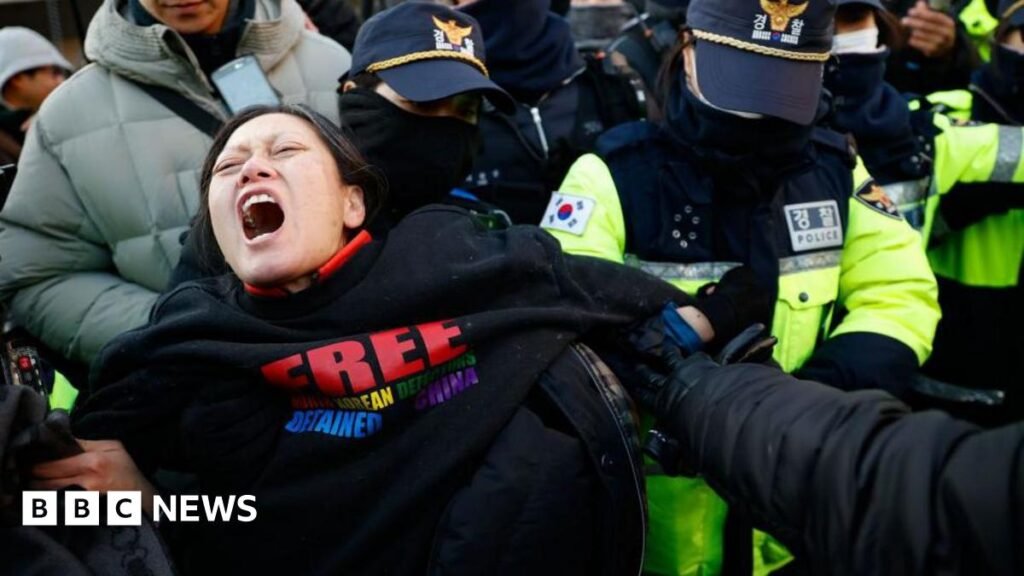The “simplest” solution, Mr. Lee says, is for Acting President Choi to order the PSS to step down temporarily.
“If he doesn’t want to do that, it could be grounds for his own impeachment by the National Assembly,” he added.
Choi, who is finance minister, took over after lawmakers voted to impeach Yun’s first successor, Prime Minister Han Dak-soo.
This political impasse also reflects the polarization of South Korean politics between those who support Yun and his decision to impose martial law and those who oppose it. And the differences don’t necessarily end there.
The vast majority of South Koreans agree that Yun’s Dec. 3 declaration of martial law was wrong and that he should be prosecuted, says Doyoung Kim, associate senior fellow at the Center for a New American Security, but they cannot agree that , that responsibility looks like.
“Participants disagree about process, procedure and their legal framework, which adds to the current political uncertainty,” she explains.
The uncertainty is also creating a tense standoff, similar to the one Friday in and around Yun’s presidential residence, where his supporters camped out for days, leading to heated demonstrations and even clashes with police.
Law enforcement could return with more agents and use force, but that would be “very dangerous,” Associate Professor Mason said.

